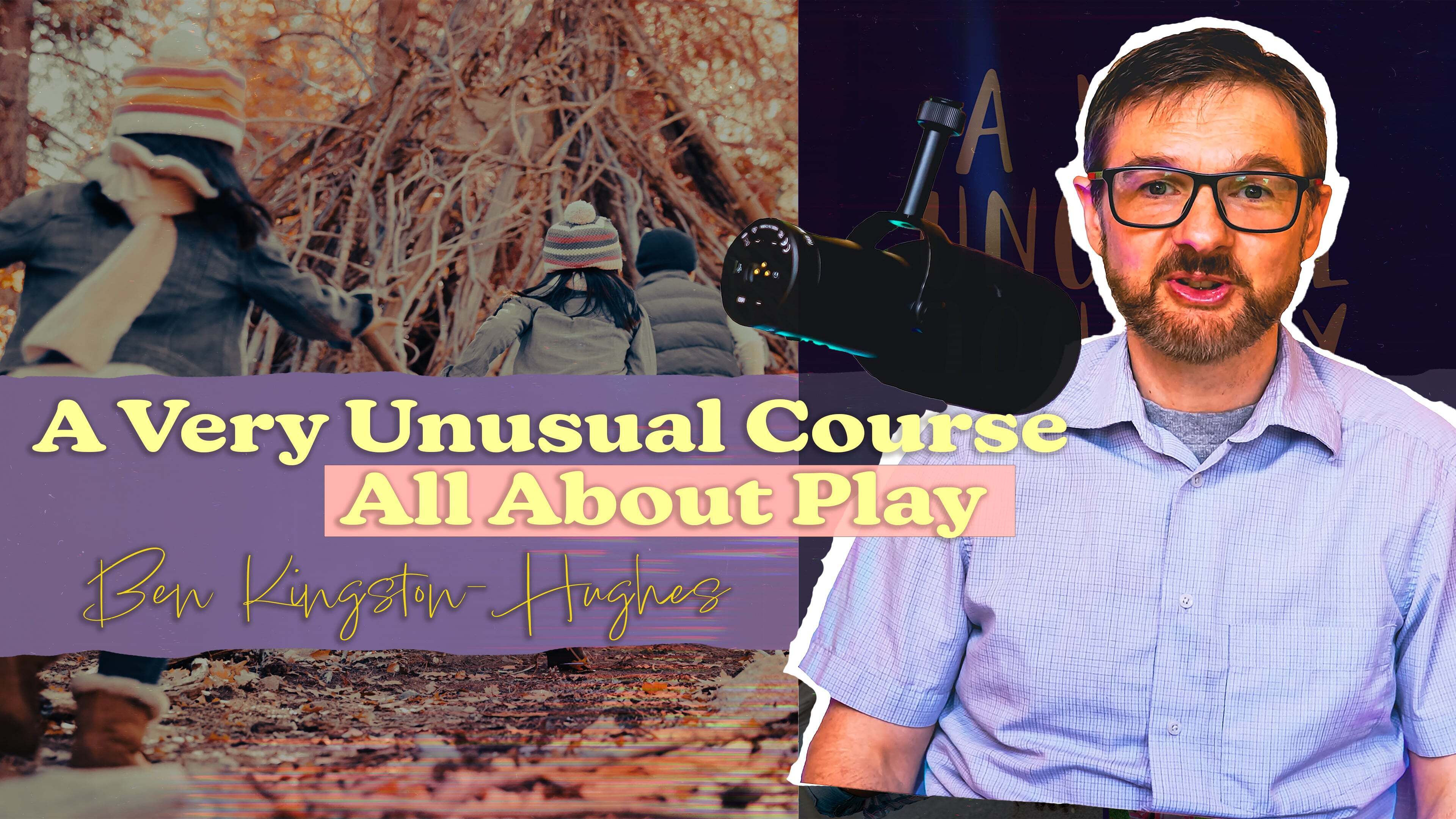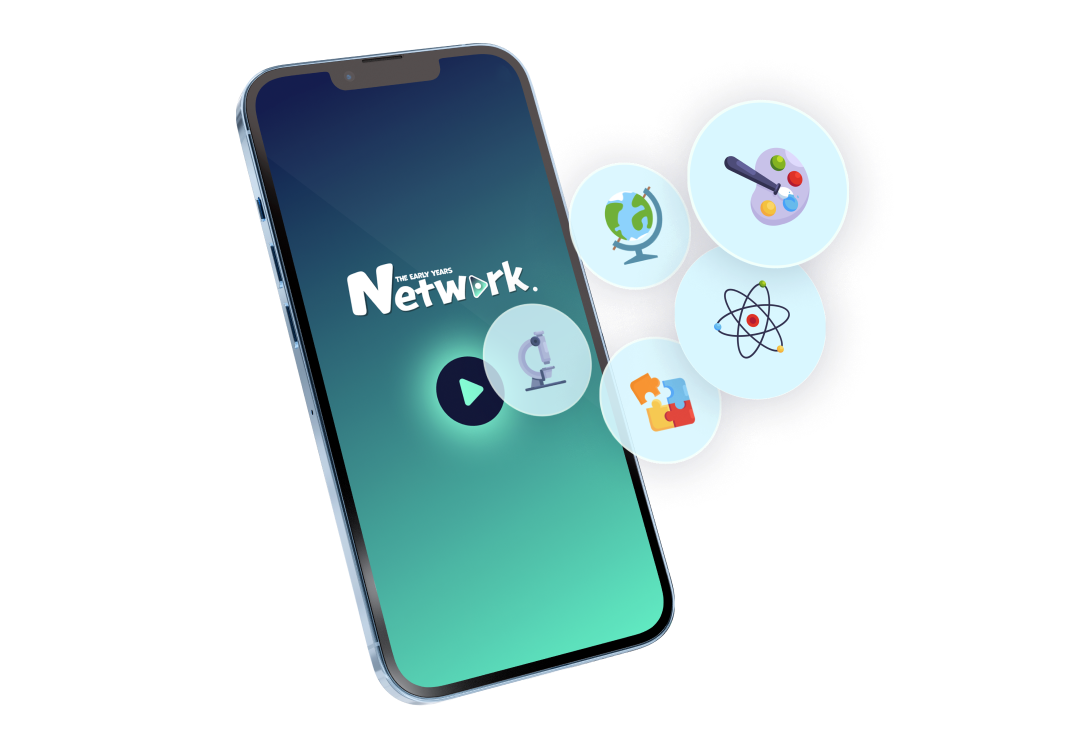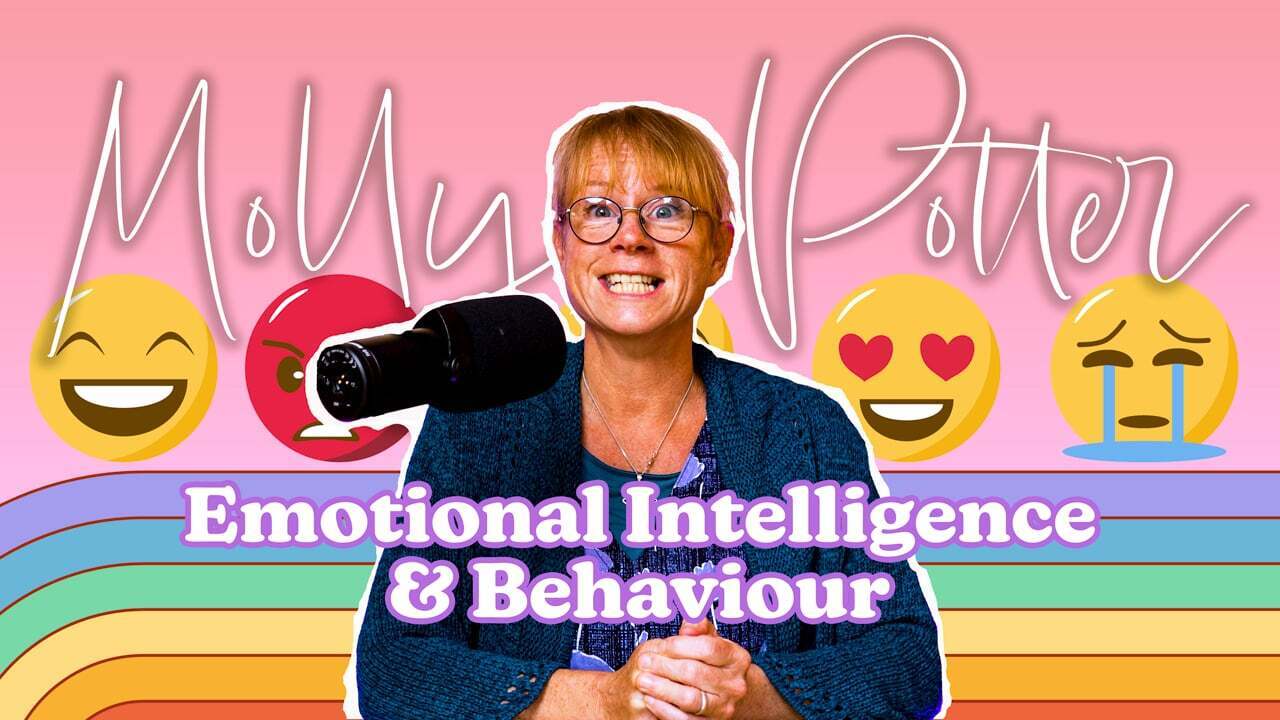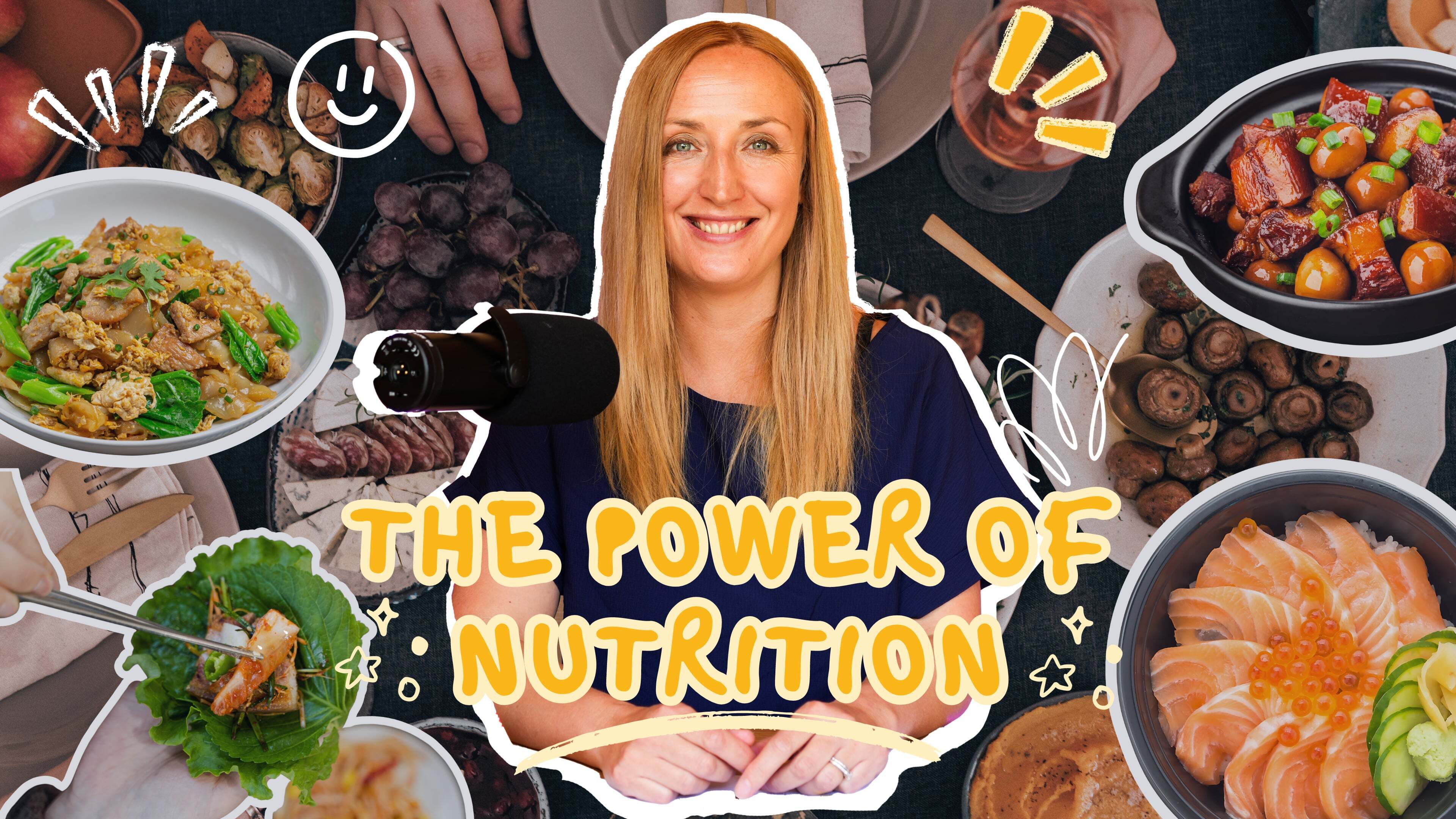1. Lesson 1 - Why Do Children Skip?
11:54
To kick things of in this 'Very Unusual Course All About Play' Ben asks a very important question; "Why do children skip?" when you think about it, walking is the most effective and efficient means of movement for humans...skipping is far less efficient than running or walking. It takes up more energy per step than walking and cannot approach the speed of running. Yet, nearly all children across the globe, without ever being taught how to, will impulsively skip at some stage in their early years.
Why is this? Well I'm glad you asked as this is what Lesson 1 is all about as Ben begins his journey of play and the science behind it all! Lesson 1 provides you with all you need to know about the basics of brain architecture and the different structures within that make us who we are, as well as, finding out all about Ben's drug dealer cat!






